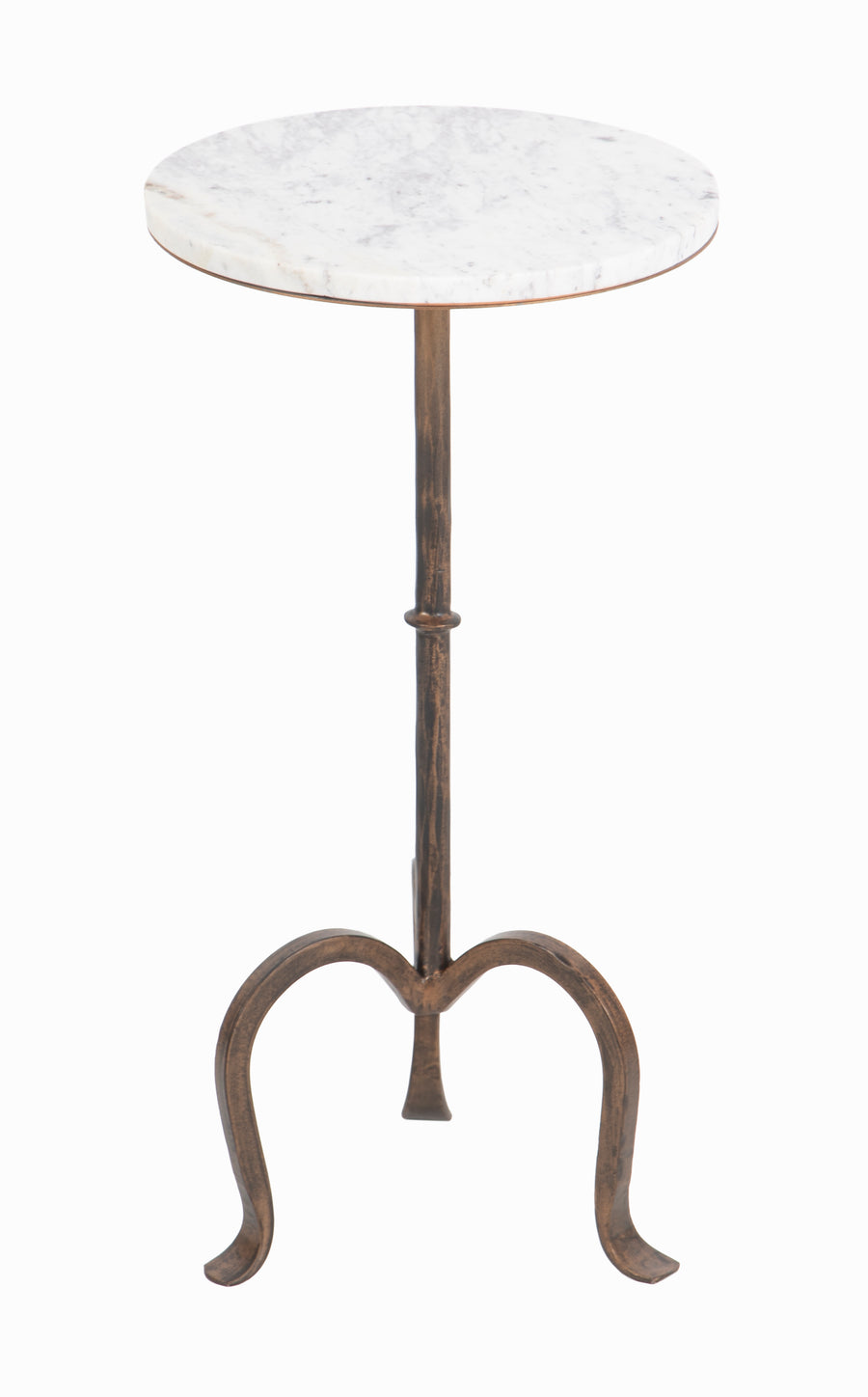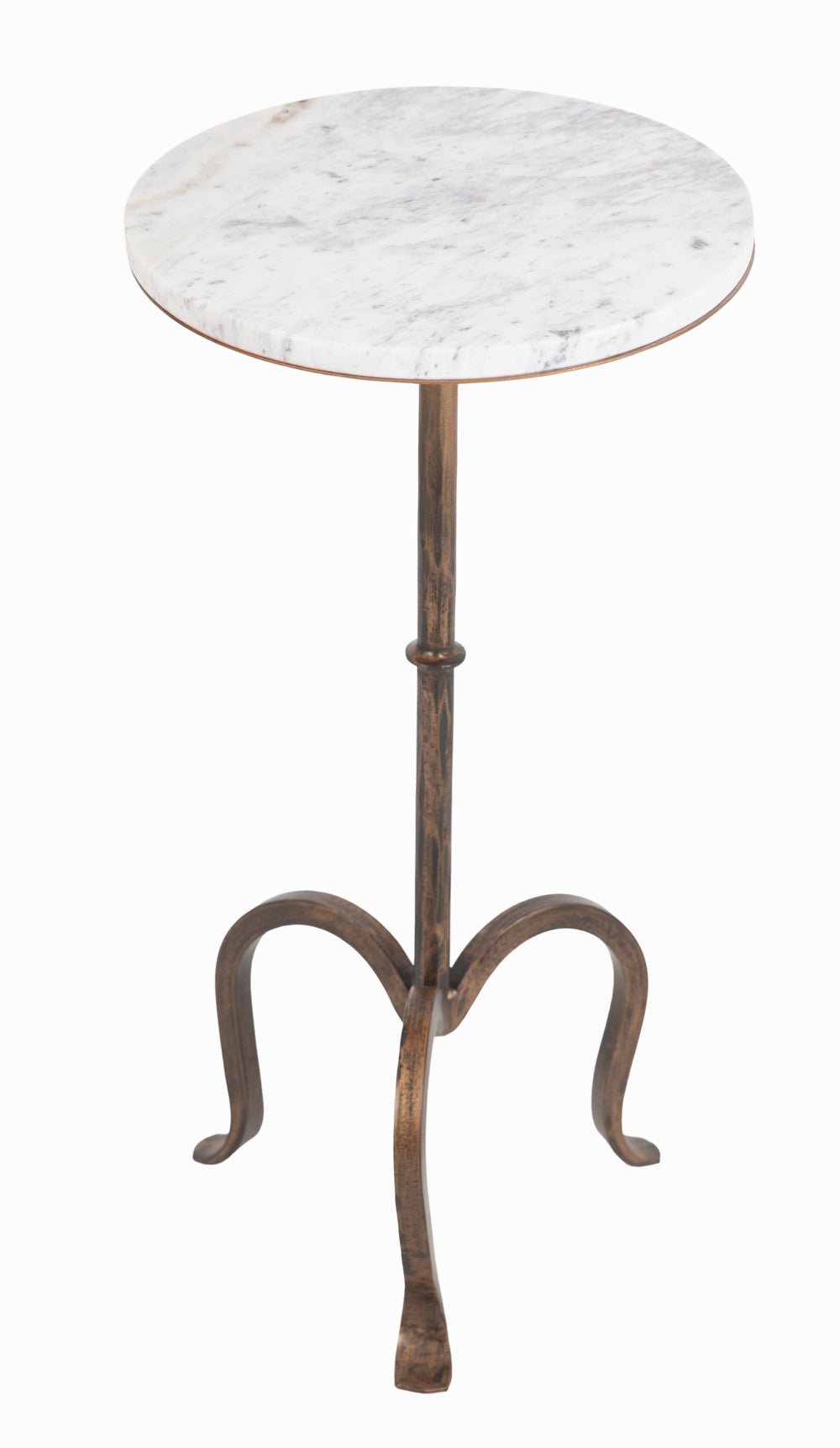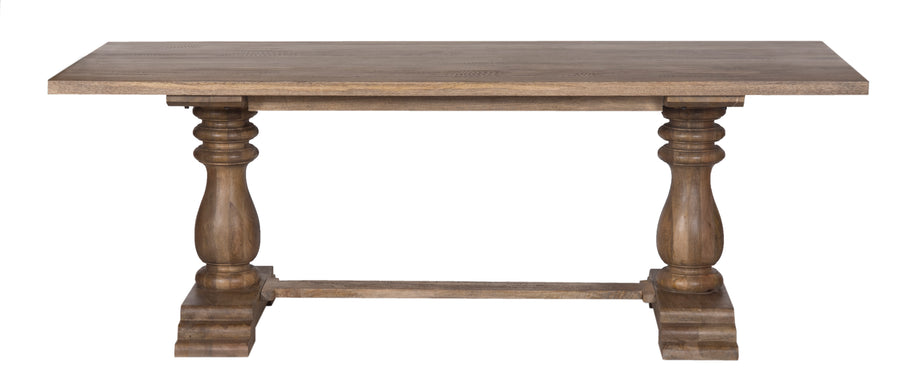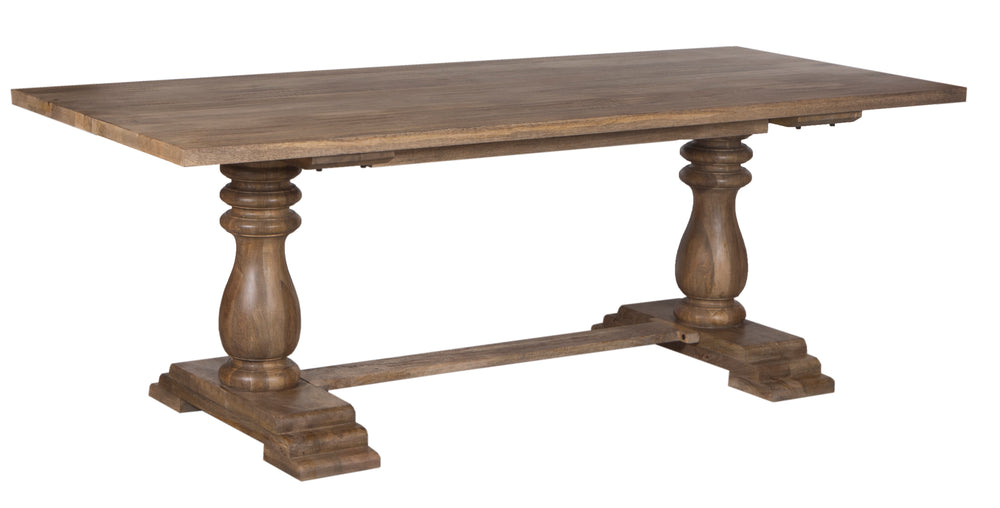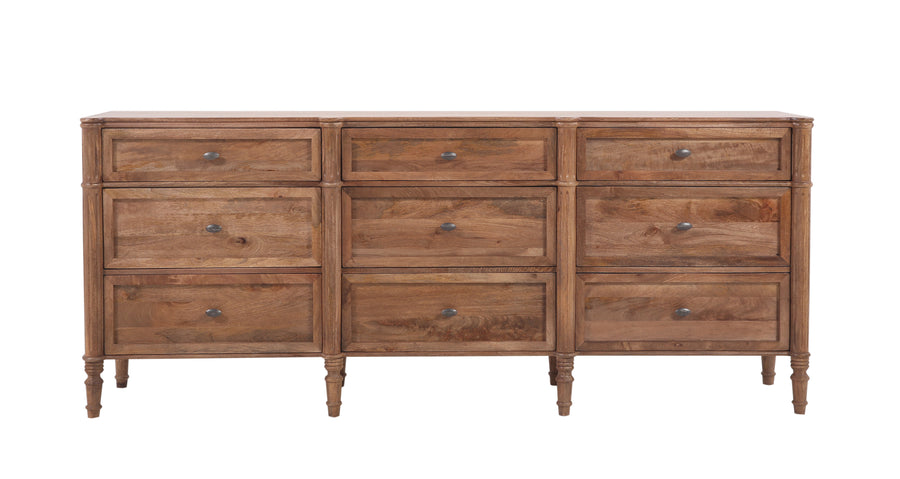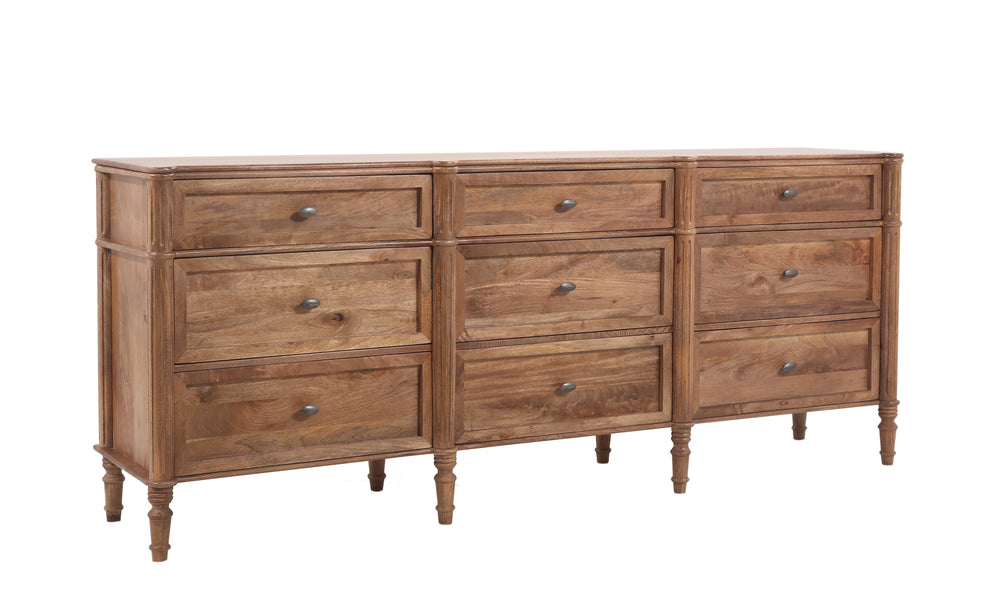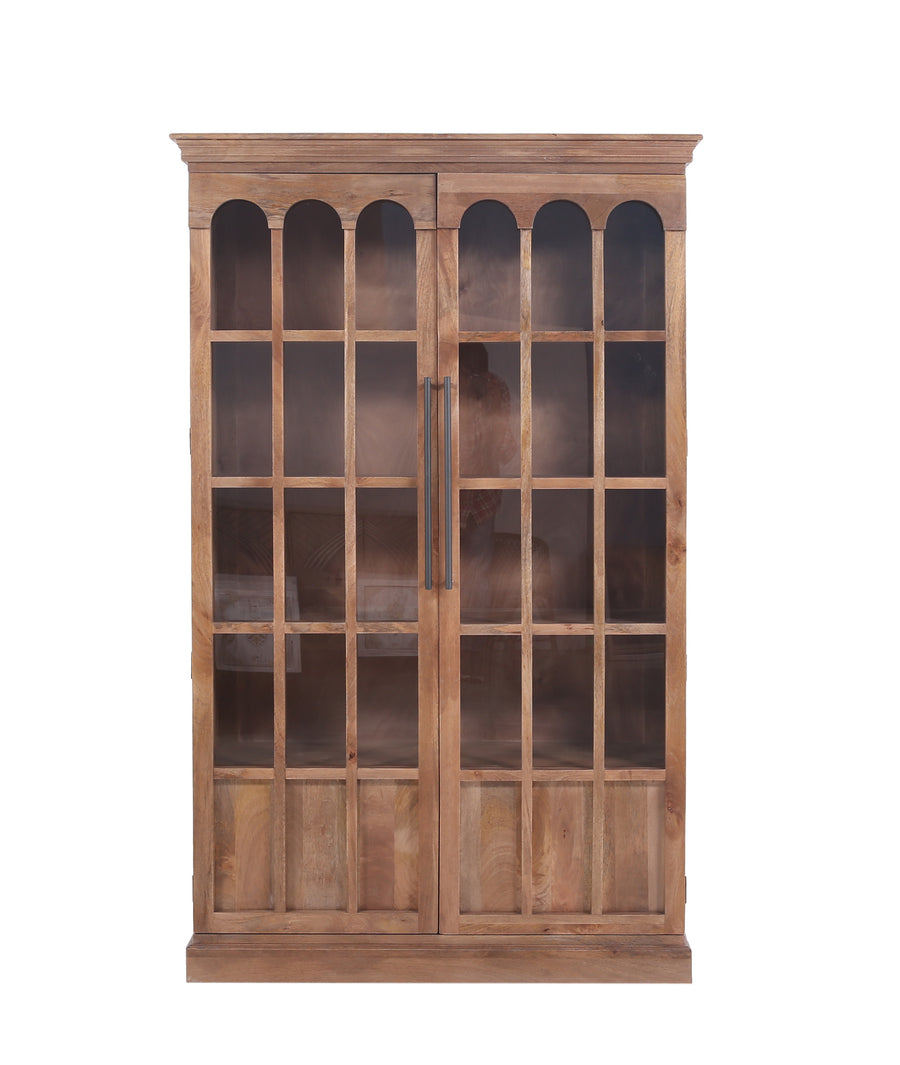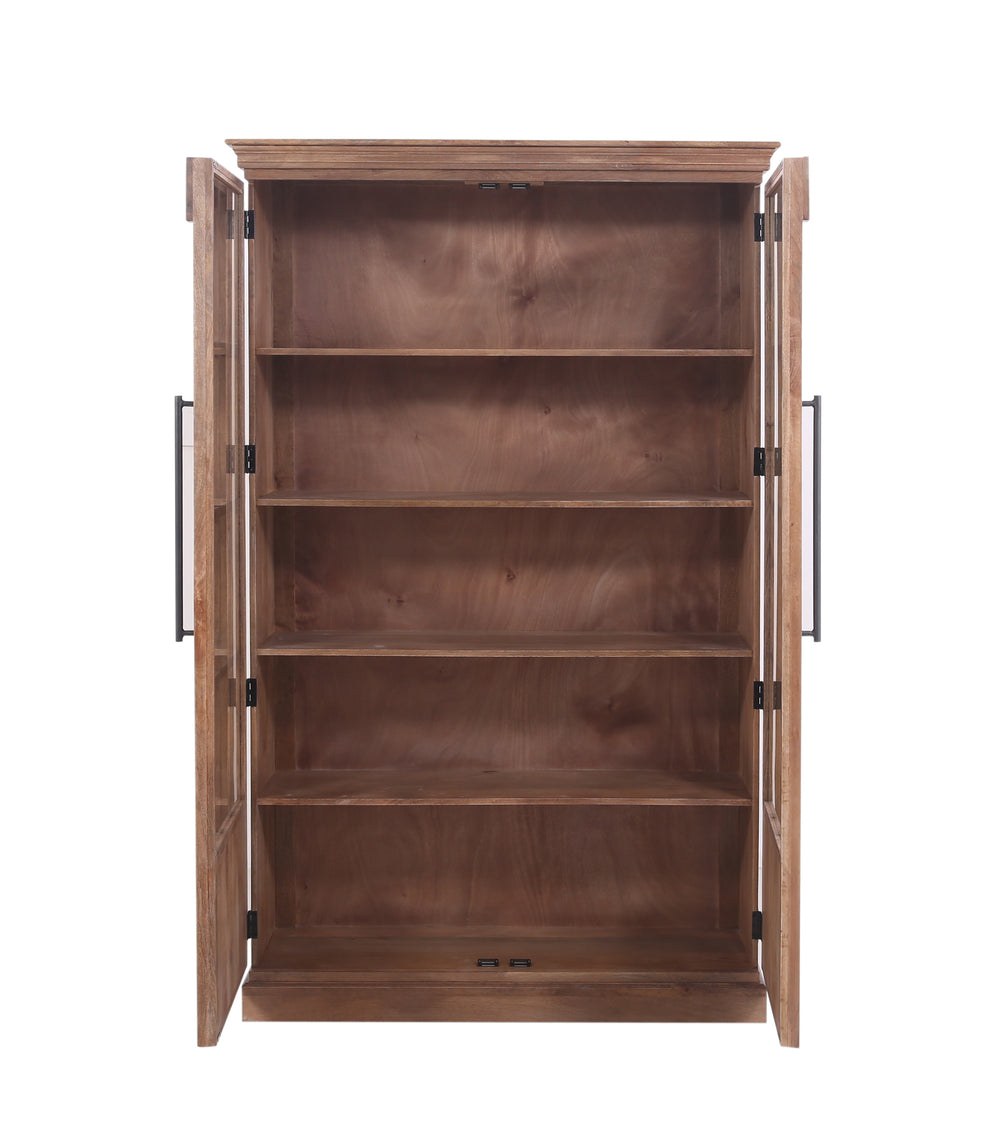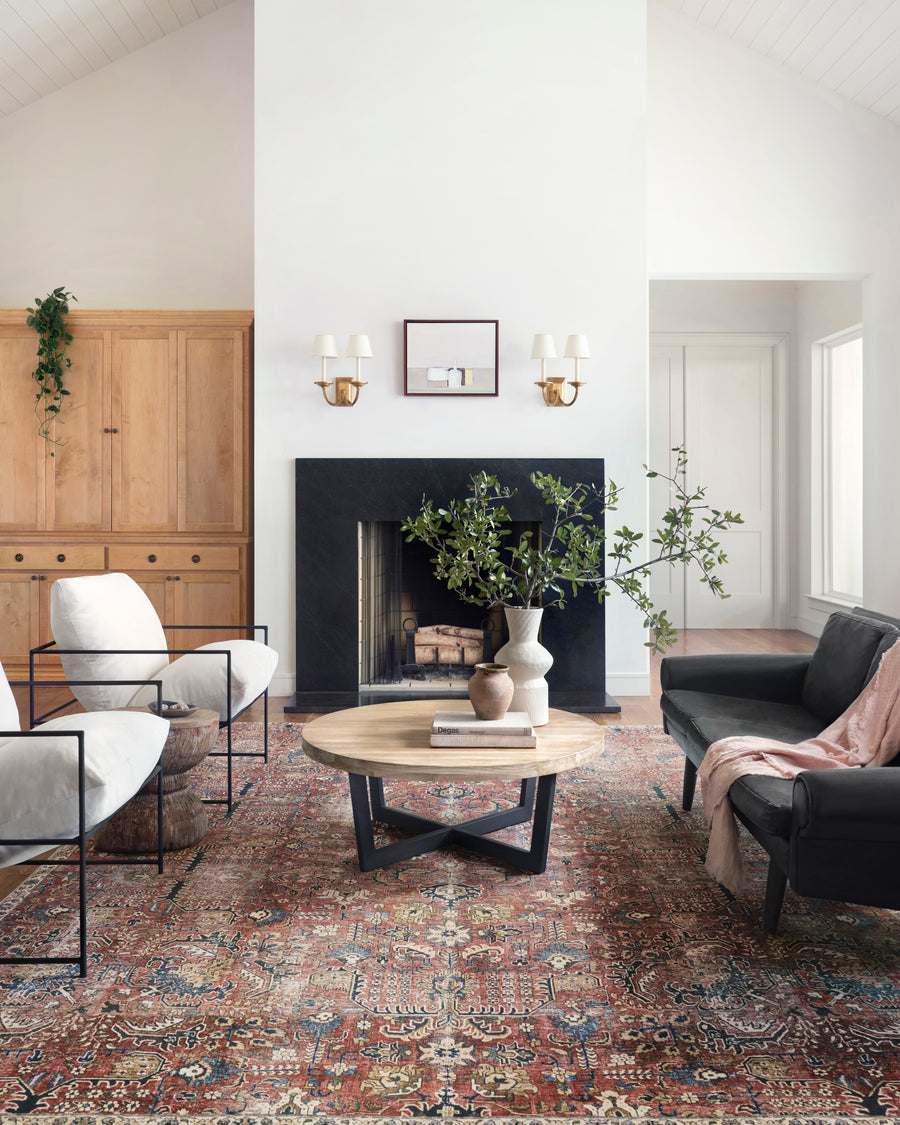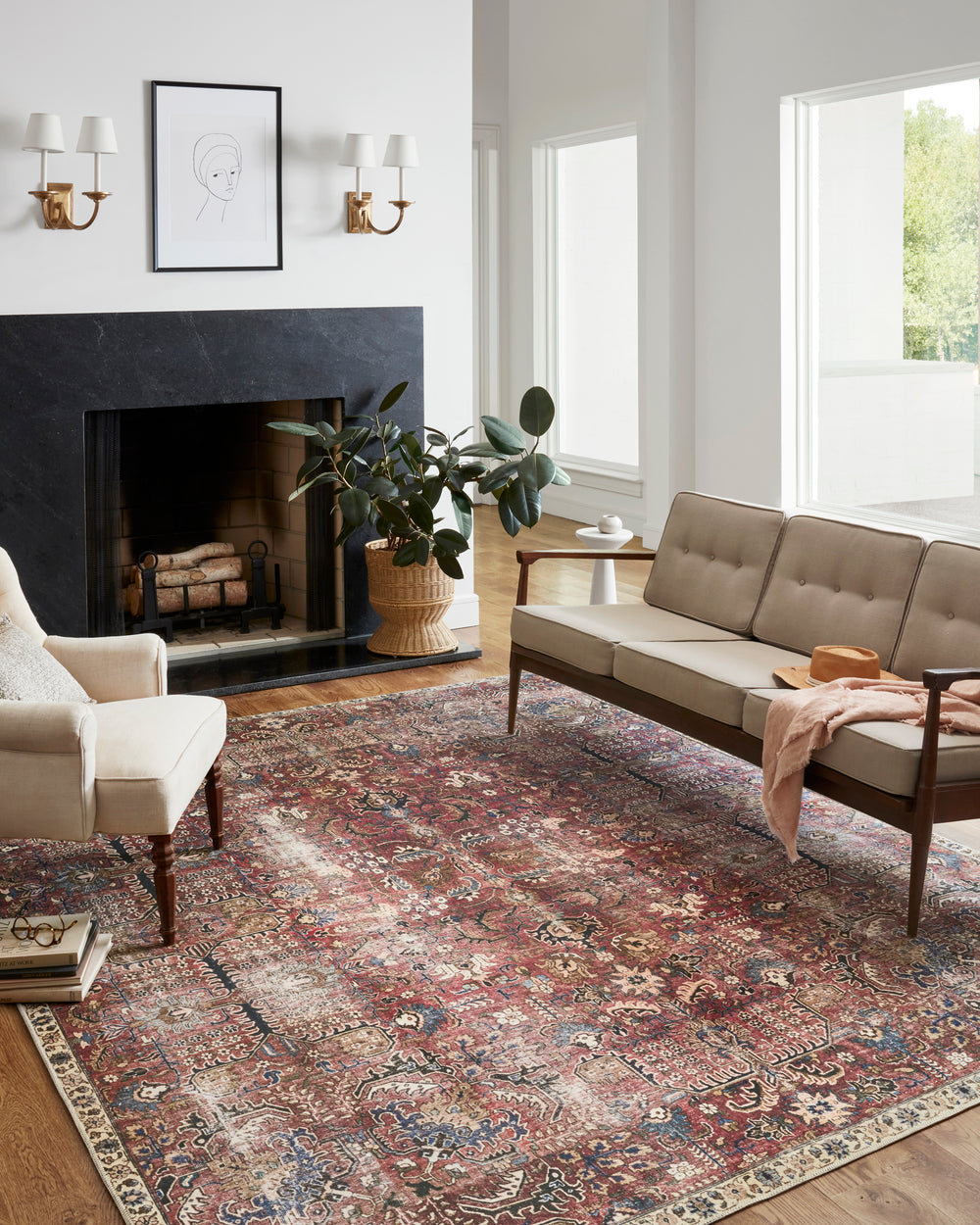AREA RUGS
Area rugs absorb sound and beautify spaces, making them feel grounded.
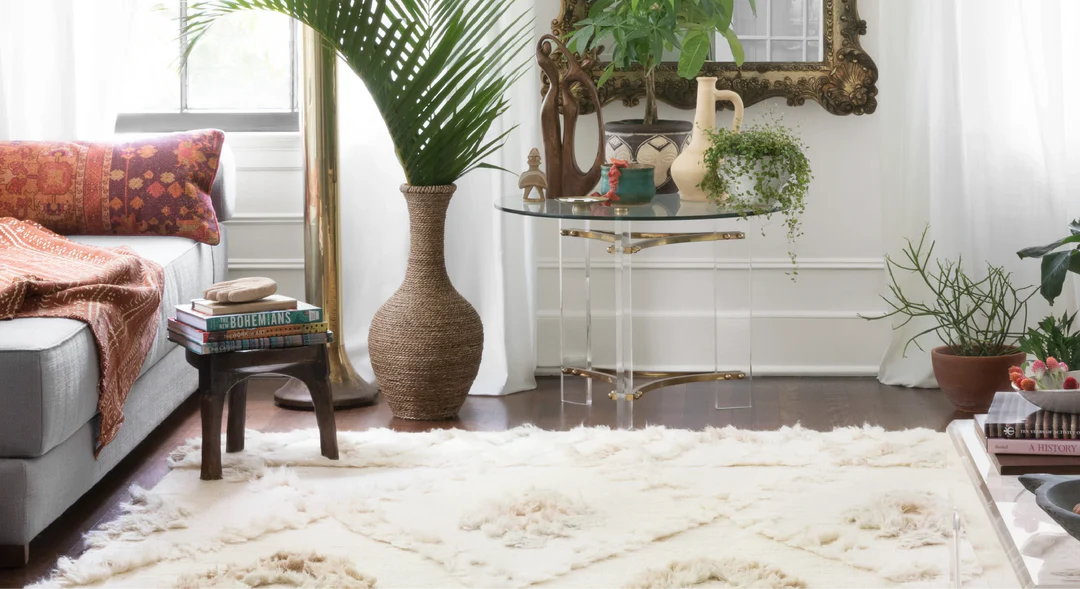
AREA RUGS
AREA RUGS ABSORB SOUND AND BEAUTIFY SPACES, MAKING THEM FEEL GROUNDED.
Quality rugs are significant accessories to include in your home. An area rug can effortlessly transform the look of your rooms and serve as a practical solution for absorbing sound, covering up floor marks, adding pops of color, dividing spaces, and more. Unlike wall-to-wall carpeting, area rugs are lightweight and portable, allowing you to redesign your flooring easily.
Purchasing area rugs for your home is an investment, which is why you will only find high-quality rugs at Head Springs Depot. We believe education is important, so we break down the types of fibers and rug construction to help you decide which area rug is right for your family and home. And, to make shopping even easier, we share rug design tips and answer some FAQs.
WHY YOU NEED A RUG
Rugs enhance the look of your home and serve as a practical solution. If you can hear echoes in your home or conversations can be easily heard throughout the house, an area rug may help to absorb sound and reduce noise. If your home has an open floor plan, you understand the importance of defining rooms in a space with no walls. Area rugs can help set boundaries. Area rugs can also take your floors from hard and dull to fluffy. A large area rug in your bedroom or a runner in a hall will make your space feel homey
TYPES OF FIBERS
When it comes to selecting the type of fiber you want for your area rug, you have to consider things like cleanability, durability, softness, shedding, and color retention. Understanding these eight fibers will help you determine your choice based on your needs.
ACRYLIC
Moderately priced. Durable, although not as strong as other synthetics. Most commonly blended with other fibers like polyester.
POLYPROPYLENE
Very affordable. Easy to maintain and highly durable. Bold, fade-resistant color. Commonly used in indoor/outdoor rugs for their UV, mildew, and stain-resistant qualities.
VISCOSE
Synthetic, shiny fiber. Often used as a more affordable substitute for silk.
POLYESTER
Very affordable. Wears well and feels very soft, especially when used for rugs with a thick pile. Moisture, stain, and abrasion-resistant. Retains color well over time and is easy to clean.
COTTON
Natural and soft. Sometimes used as thread for the base of a rug. Easy to clean and maintain.
JUTE
A naturally shiny vegetable. Relatively affordable and second only to cotton as the most produced natural fiber for rugs.
SISAL
A natural fiber that stems from the agave plant. Attracts minimal dust and is static-free. Highly sustainable.
WOOL
Wool usually refers to fibers from sheep. Fiber diameter is the single most important characteristic in determining price and quality — the most commonly used natural fiber in rug production.
TYPES OF CONSTRUCTION
While hand-knotted rugs are the most prestigious and well-known rug construction, most rugs made today are less expensive alternatives. This chart shares more info about the main construction types, including their price point and durability.
CHOOSING THE RIGHT RUG
You must consider the color, design, and texture when purchasing a rug. These elements are essential and can drastically change the rug's effect on the room.
1. COLOR
The first thing you should consider is how the colors in the rug coordinate with the existing colors in your room. Remember, the colors don't necessarily have to match up perfectly, but they should complement each other. Trust us — the process becomes much easier when you get the color right.
2. DESIGN
Let your personal style and existing decor guide you to select either a traditional, transitional, or contemporary rug. When in doubt, transitional designs are a smart choice as they tend to work in most interiors, ranging from traditional to contemporary rooms.
3. TEXTURE
Design and color may define a rug to most onlookers, but the visual effects of texture should also be considered. Not only are textured rugs visually intriguing, but they also offset the solid surface of your floor, drawing your eyes into the dimensions of the rug.

Complimentary Design Services

